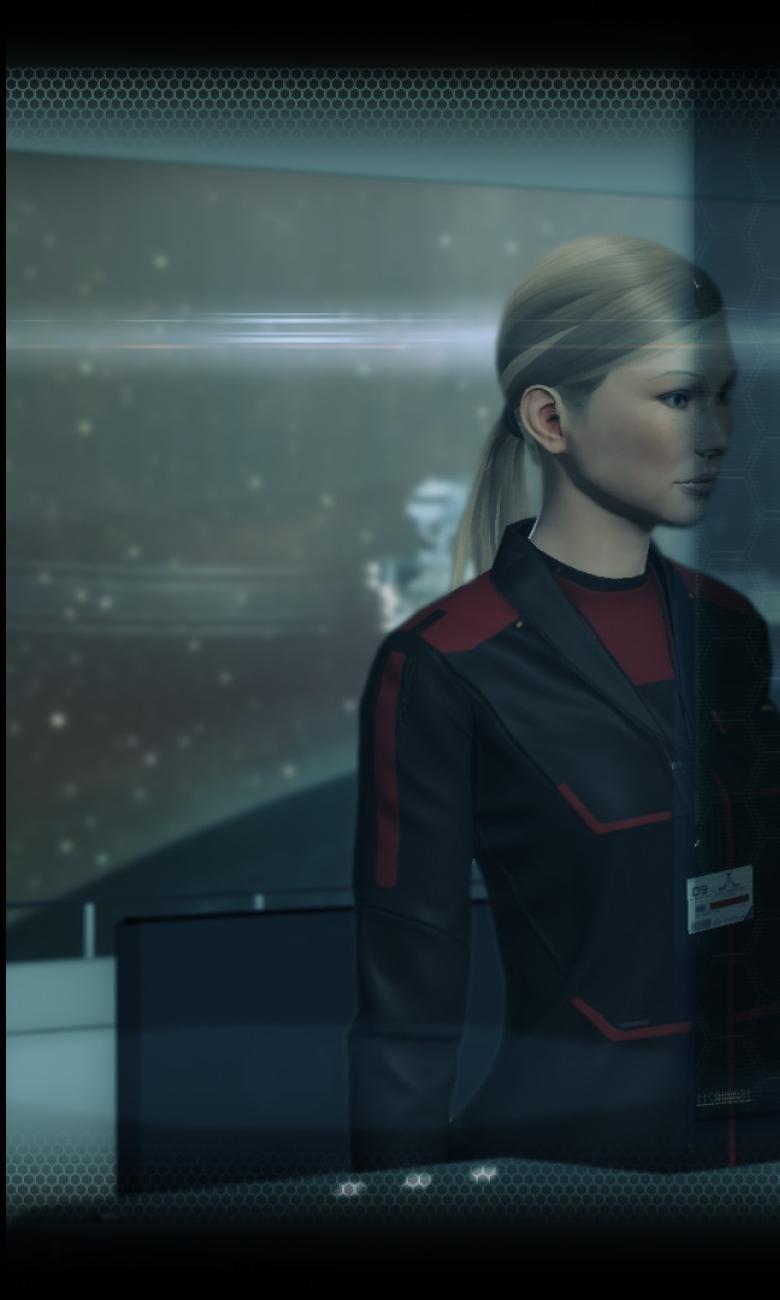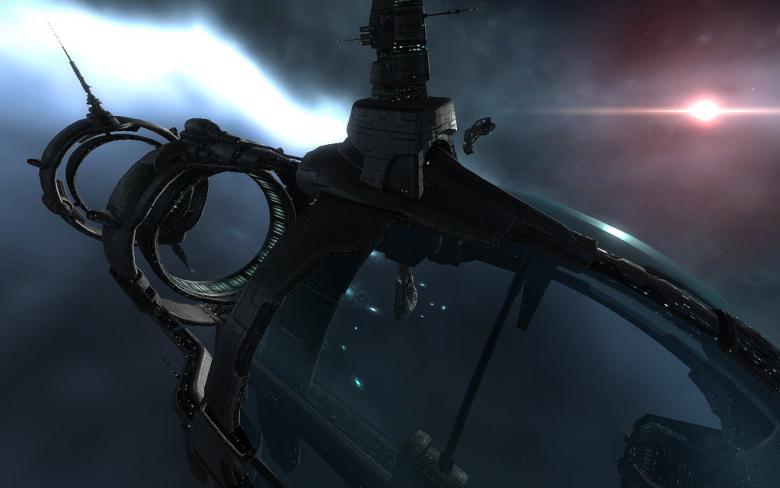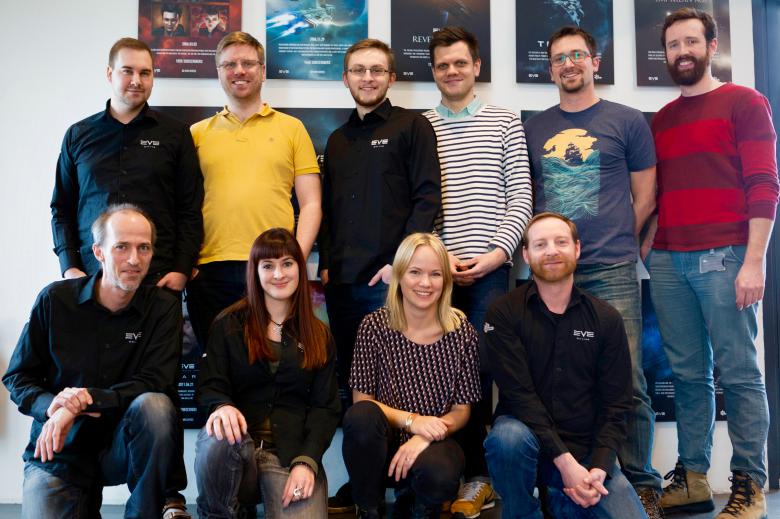MMOS: A Swiss start-up that combines video games and science
MMOS, a Swiss start-up founded in 2014, develops a platform that connects research data and video games, offering video gamers the opportunity to contribute to proteomics or exoplanet research while being fully immersed in their favourite video game.
From a crazy idea...
The story of the zip fastener is a paradigmatic example of the Swiss talent for converting crazy ideas into practical tools. Another crazy idea – one that would have been unthinkable before our digital and interconnected age – is to crowdsource complex scientific problems in video games. While enjoying a glass of Fendant on a balcony in Geneva, Attila Szantner, a Hungarian IT entrepreneur who had fallen in love with the Swiss Alps and was now living in Switzerland, and Bernard Revaz, a native of Vernayaz (Valais), physics researcher and seasoned entrepreneur, decided to turn this idea into a reality.

MMOS and research
MMOS, the start-up they founded in 2014, develops a platform that connects research data and video games, offering video gamers the chance to contribute to proteomics or exoplanet research while being fully immersed in their favourite video game. In March 2016, the first implementation of this concept, ‘Project Discovery’, was released in the massively multiplayer online game EVE Online, in collaboration with the Human Protein Atlas research programme: in just few months, more than 10 million classifications of protein locations have been recorded by tens of thousands of gamers. This success validates the initial assumption that video gamers can substantially contribute to research and science while making Project Discovery one of the most significant achievements of citizen science. In just three months, Project Discovery has made gaming history and citizen science history too.

A world premiere
This is the first time a serious game has been integrated into a major videogame, the first time that a working scientist has become an in-game character, and the first time that high-profile scientific journals have published screenshots of a videogame. The project is not only important because of the enormous amount of information created by players, but it is probably also the biggest scientific outreach in the field of cell biology in recent years. Tens of thousands of players have acquired first-hand experience in analysing microscopy images. Players have also devised highly creative ways to express their enthusiasm about Project Discovery, including a poetry competition.
The Discovery Project
Project Discovery has received very positive media coverage from high-profile scientific journals such as Nature Methods and Nature Biotech, , as well as from mainstream media publications like the Neue Zürcher Zeitung, The New Yorker, The Independent, Wired and many more.
Creating platforms where experts and non-experts can exchange and collaborate is at the heart of the MMOS project. With the University of Geneva, MMOS is now extending this core concept to Massive Open Online Courses (‘elearning’) to allow the online students of the ‘Diversity of Exoplanet’ course to contribute to their professor’s research. The University of Geneva expects this project to enhance students’ motivation, strengthen their links with the institution and its community, increase course attendance and reduce the student drop-out rate.
Endless resources
Szantner and Revaz see unlimited applications for these online activities: think of any field where complex problems can benefit from distributed human intelligence, such as scientific research, but also human and environmental sciences, engineering, not to mention policy and politics. They even foresee that it will be a strong component of any future online community.
If creating spaces where highly diverse communities are mobilised and empowered sounds familiar it is because it is a tradition that goes back centuries in Switzerland.





